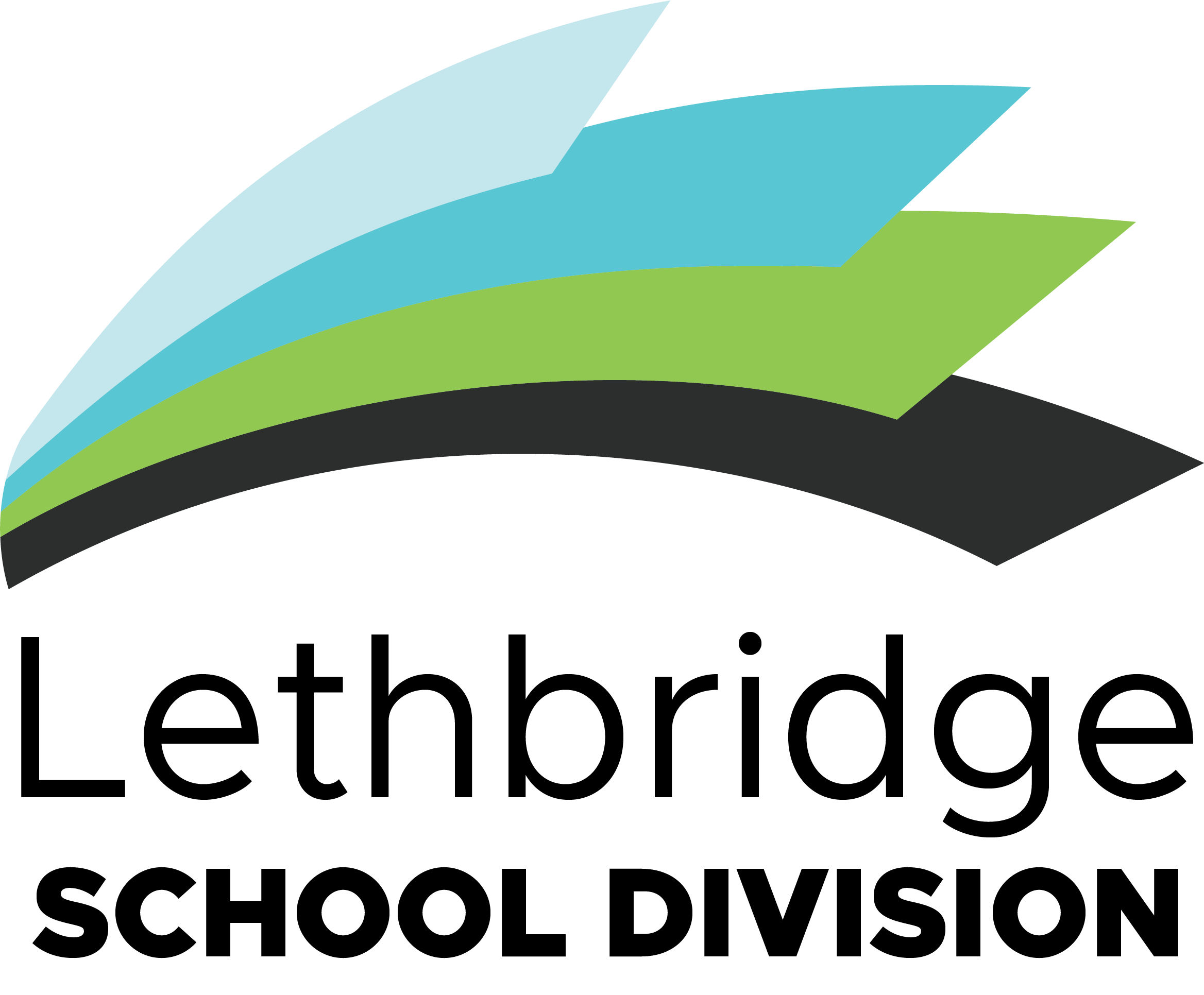Maria Montessori (1872 - 1952) was the first woman in Italy to earn a medical degree. Early in her career, while pursuing studies in anthropology and human development, she became fascinated with the learning potential of young children. After years of observation and research in the field, she formulated her theories of child development and designed specific didactic and self-correcting materials for the child’s use. These are commonly referred to as Montessori Materials. They assist children in absorbing fundamental concepts for language and mathematical development while allowing them to explore history, geography and elements of the culture in which they live.
Through years of observation and scientific study, she created a system that looked at the development of the entire child. She believed that all children possess an intellectual and creative potential, an internal desire to learn and the ability to direct themselves in this learning.
In carefully prepared classrooms, children are ideally grouped together in multi-year age spans where they have the ability to learn the role of following and then leading. Classes are both multi-aged and multi-graded and are based on specific planes of development.
“Education is a natural process carried out by the human individual, and is acquired not just by listening to words, but also by experiences in the environment.”
~Maria Montessori


